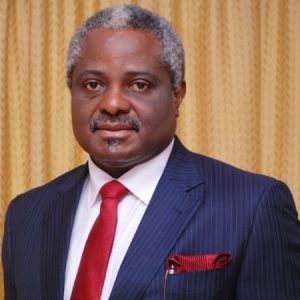Raising children is no small feat. But raising them in a culture that is vastly different from the one you grew up in? That’s a whole new challenge; and one that many immigrants, especially Nigerian immigrants in the UK face daily.
For many parents in the diaspora, the goal is simple: give our children better opportunities, a safer environment, and access to quality education. But along the way, we often find ourselves caught between two worlds, the Nigerian way of raising children, and the British way.
In Nigerian culture, discipline is firm. “Spare the rod and spoil the child” is more than a proverb, it is a guiding principle. Respect for elders is non-negotiable, and disobedience is swiftly corrected with the rod. But in the UK, parenting is heavily influenced by children’s rights, gentle guidance, and emotional awareness. Corporal punishment is frowned upon, and even raising your voice in public can draw unwanted attention or reported as a safeguarding issue, and you could risk losing your child to social welfare forever.
This cultural clash creates a quiet tension in many Nigerian homes. Some parents fear becoming too “soft,” while others worry about being labelled abusive. So we learn to adjust; blending firm values with open conversations, teaching respect while allowing our children to express themselves freely.
Many Nigerian parents try to teach their children their native languages; Yoruba, Igbo, Edo, Hausa, but often, it is a struggle. The children, surrounded by English-speaking friends and schools, may resist. “Mum, speak English!” becomes a familiar plea.
Yet language is more than communication, it is identity. It connects children to their roots. So, we keep trying, through songs, stories, and weekend lessons, hoping they will grow up proud of their heritage, even if they never speak the language fluently.
We want our children to succeed. Many Nigerian parents in the UK still hold traditional ideas of success: doctor, lawyer, and engineer. So when a child expresses interest in music, drama, or gaming, it is not always easy to accept. “You want to study what?” becomes the first of many difficult conversations.
But we are learning. We are learning that dreams are not one-size-fits-all. That success in the UK can look different, and our children can shine in fields we never imagined. It’s a learning curve, for both parent and child.
Then there is the challenge we can’t ignore, racism. Subtle or overt, it shows up in classrooms, on the playground, and sometimes in the mirror. Nigerian parents often worry: Will my child feel less because of their skin colour? Will they know how to stand tall in the face of bias?
So we equip them; not just with education and values, but with self-worth and respect. We teach them that they are kings and queens, brilliant and beautiful, descendants of greatness. We remind them that they carry two cultures, and that both are treasures.
Parenting in the diaspora is about adaptation. It is about holding onto the good from back home, while embracing the best of where we are now. It’s not always easy, but it’s always worth it.
Because every hug, every school run, every bedtime prayer is an investment in a better future, for our children.
And that’s what we came here for!
Stay ahead with the latest updates!
Join The Podium Media on WhatsApp for real-time news alerts, breaking stories, and exclusive content delivered straight to your phone. Don’t miss a headline — subscribe now!
Chat with Us on WhatsApp




